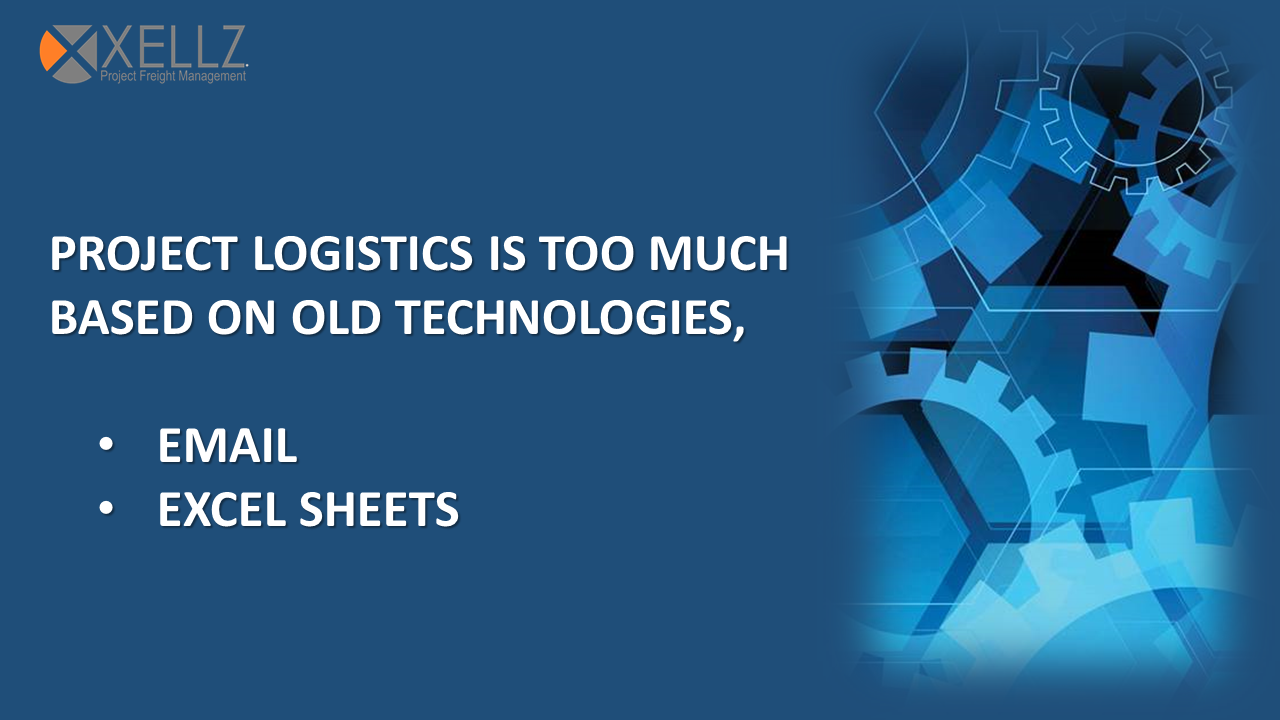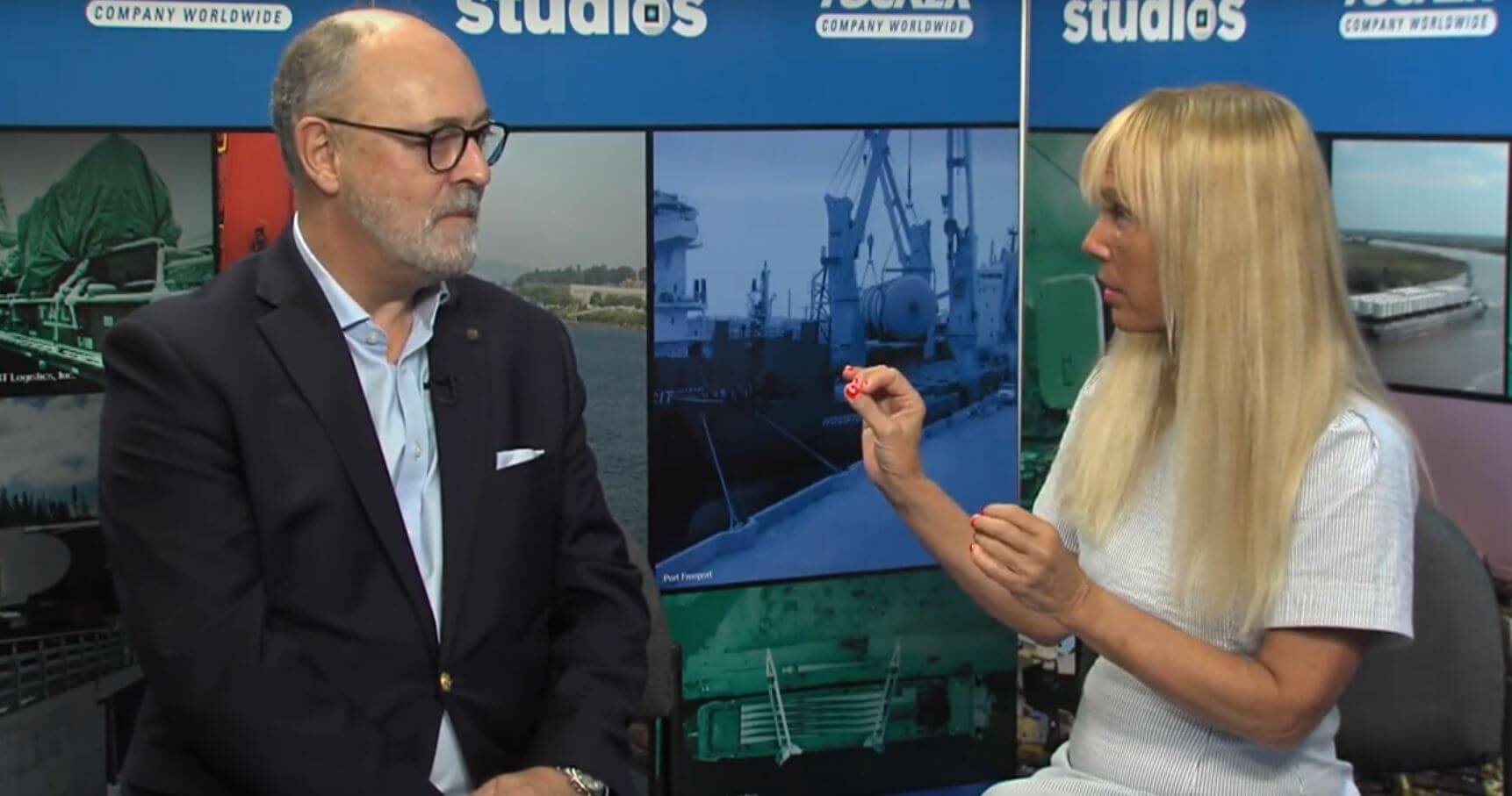A Sharing Economy has proven that the quick development of technology and social change are powerful drivers of business models and cost revolution.
Lessons learned from many industry sectors gives us valuable case studies of how to apply sharing across all elements of the logistics supply chain.
In cities, logistics service providers take opportunities to support the growing demand of sharing goods and storage with new urban discreet warehousing and by providing goods on demand.
Transportation companies and logistics providers disrupt their own markets and services with capacity sharing platforms in an attempt to be ahead of startups that otherwise do this for them.
In Project Logistics Management (PLM), the Sharing Economy grants new and creative ways to structure business models, improving efficiency and productivity advances with on-demand know-how, expertise and technology to create project Best Cost Management.
While a creating opportunity for new business models, the Sharing Economy is not without its challenges.
Risk liability, insurance, transparency and workforce protection issues continue to hinder the progress of the Sharing Economy; however, this is not the case in the Project Logistics Management model as this becomes separated and is therefore a near perfect business model.
Challenging of it all is that the speed of technological innovation, development as well as social change often outperformed regulatory outlines, resulting in banned services and protest from those working in traditional industries.
Companies will continue to work with policy makers to drive the Sharing Economy forward in an impartial way to benefit all parties involved.





